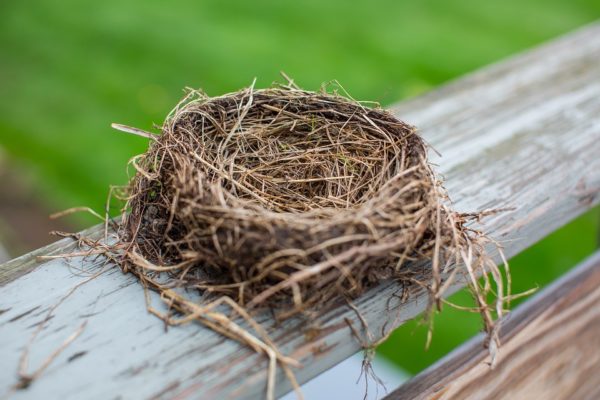You may have heard the term empty-nesting before, but chances are you aren’t too familiar with it. If you’re a woman over fifty who’s been through menopause and your kids have moved out of home, then this is for you! In this post, we will look at what empty nesting means to women over fifty, and we will point out some of the benefits that can come with it.
The term empty-nesting was first used to describe parents whose children had grown up and moved away from home. However, today women over fifty are also able to be considered empty nesters.
What Is Empty Nest
There are many theories behind empty nest syndrome, but it all boils down to the fear of being alone. This is one of the most common fears that women in their fifties face when they begin to think about how their lives will look once their children have grown up and moved away from home. The truth is, if you are feeling the need to nest, then you are not alone.
What To Expect
Expect the unexpected. You are used to being part of a couple, with your partner leading and guiding you through life’s ups and downs. But now that you are at this stage in your life, it is time to accept more responsibility. Your child has left home – leaving you as the sole custodian of your home. You have been used to sharing the work, and now you are on your own!
Please don’t underestimate how exhausting it can be living alone, mainly when you were accustomed to a supportive partner by your side helping out with various chores around the house.
Misconceptions
It is a common misconception that once you hit your fifties, all of the nesting and excitement about life begins to slow down. While some women would agree with this statement, others might tell you it’s only just begun. The truth is, this time can be both overwhelming and frightening for many women who are approaching the age of fifty. For many over-fifty women, empty nest syndrome can be an exciting time where they feel like their life is just starting to come together.
Empty Nest Syndrome Symptoms
At this time in your life, you may be experiencing several emotions and feelings. You might feel sad about the loss of children leaving home or feeling anxious about how to fill up your days without them around. It would help if you noted any symptoms that last longer than two weeks as they could indicate depression.
Moving On
There is a common misconception that empty nesters are only parents with grown children who no longer live at home. However, there can be many reasons why you may choose to move out of the family home, and we’ll discuss them here. Empty nesting is the period in which children leave their parents’ house. These days, it is expected for empty nesters to sell their family homes and move into smaller properties as they get older due to changing financial situations or simply because they wish to downsize.
If you are an empty nester who has decided that your current property isn’t for you, why not sell your house fast and move into something else?
The process of selling a family home can be pretty emotional, and we understand that. However, if you’re ready to move on and start afresh, why not think about your options?
In conclusion, empty-nesting can be challenging for women who are not prepared. However, there are many benefits to it as well!





